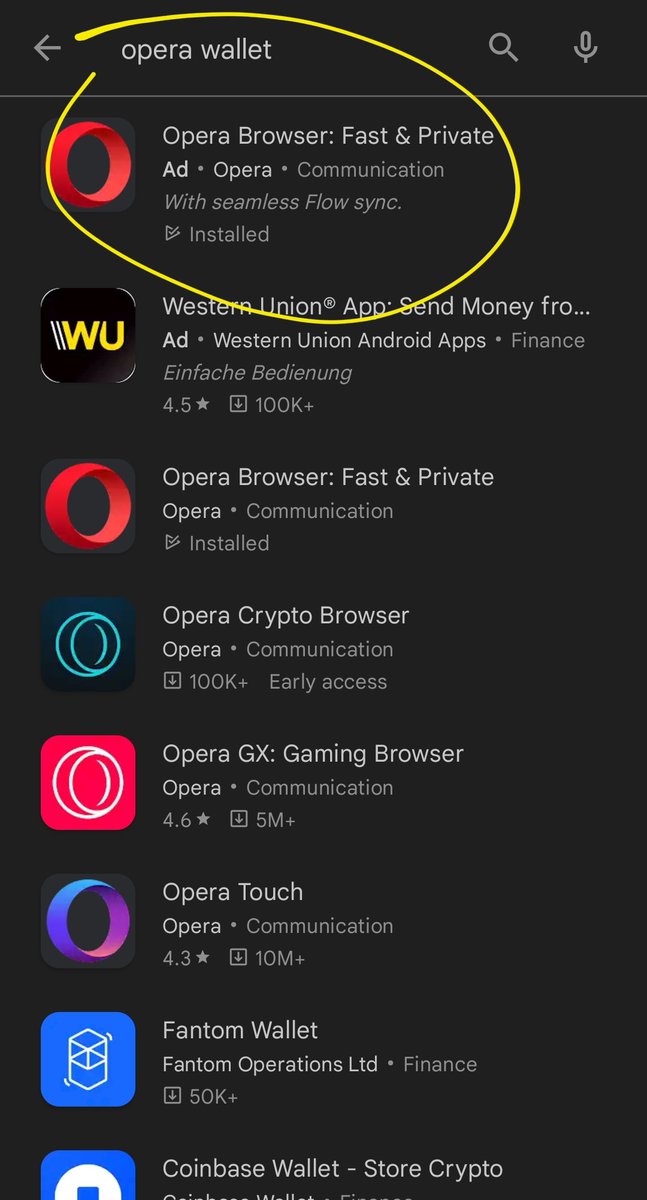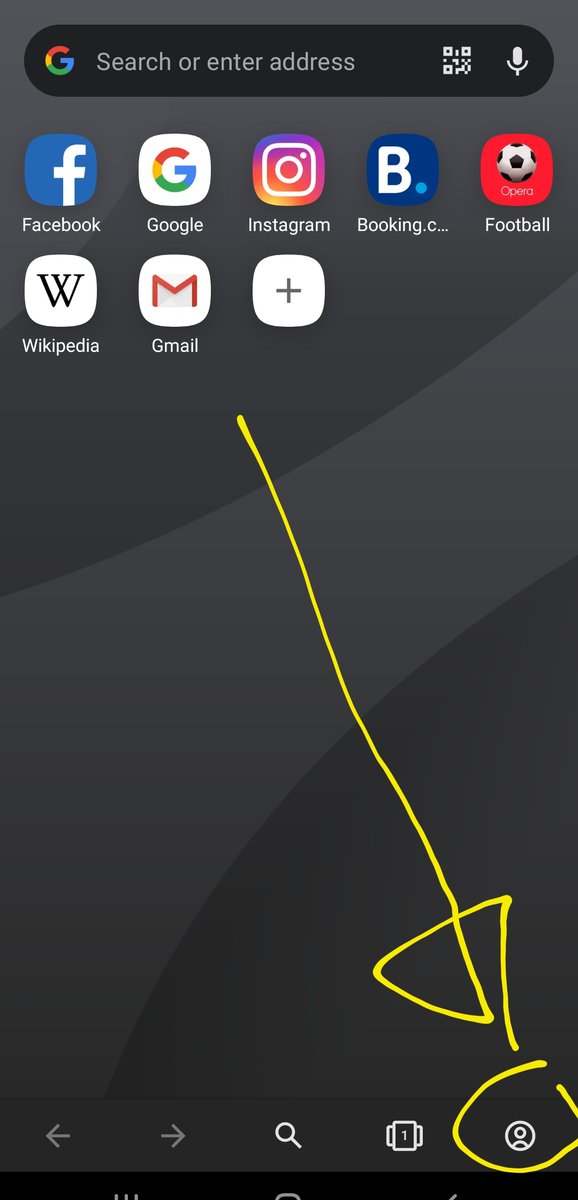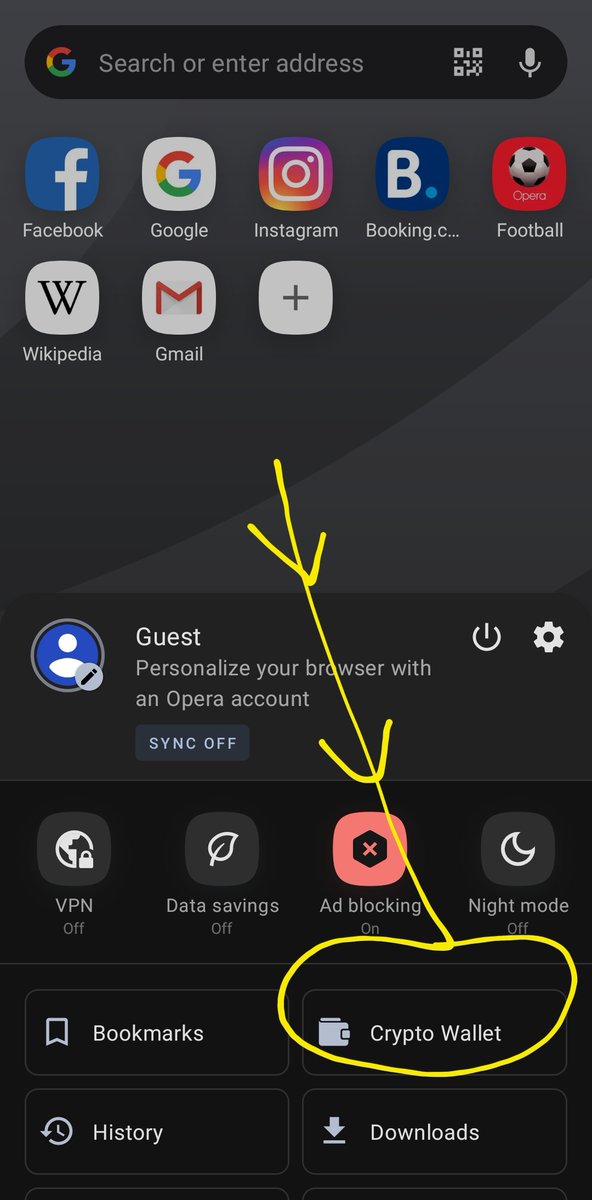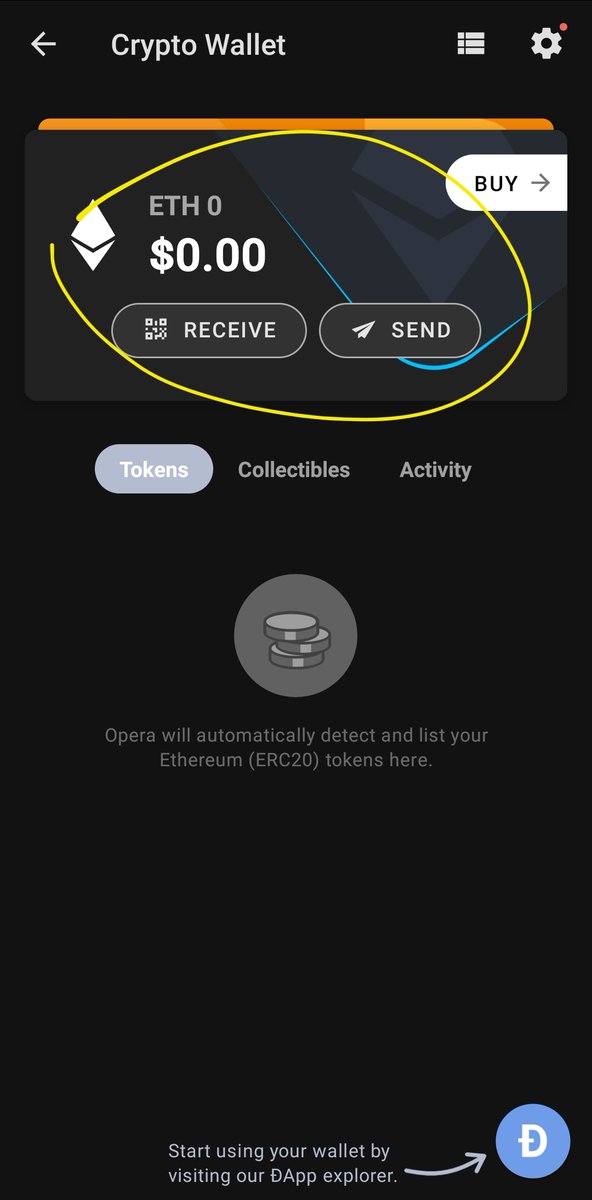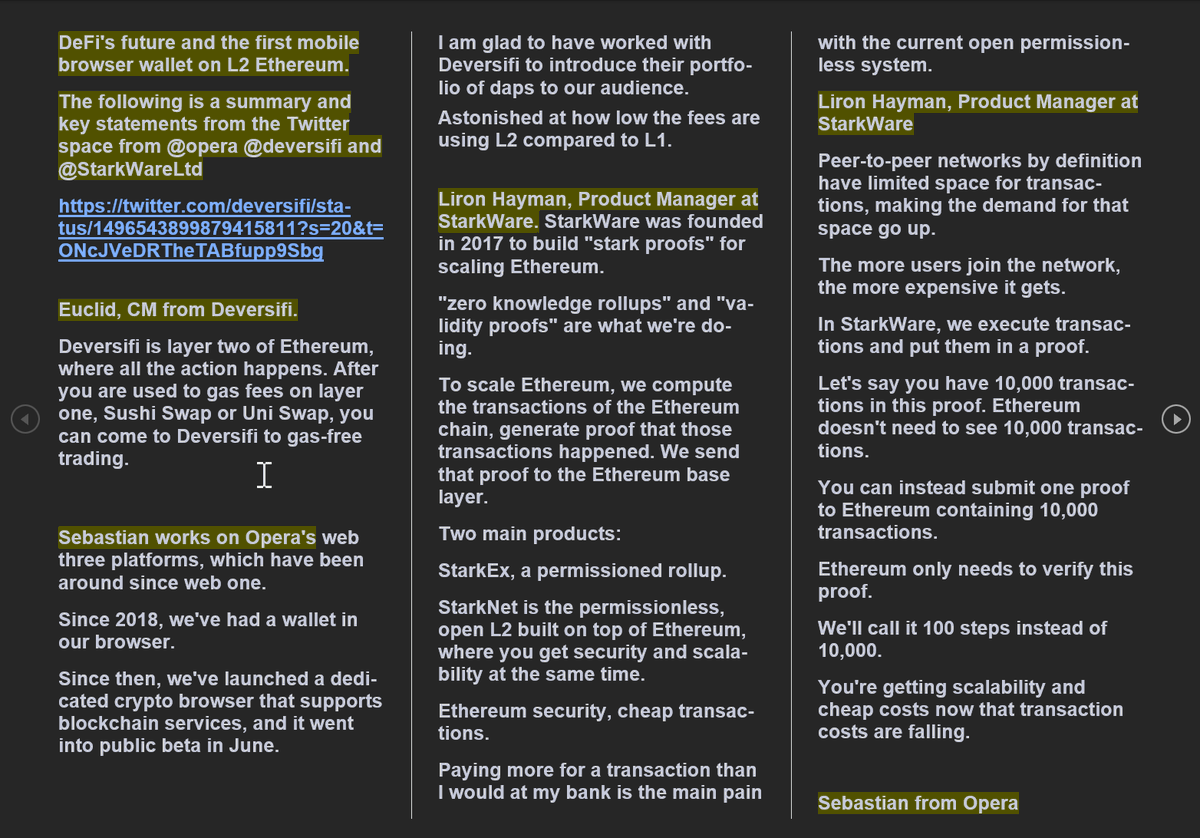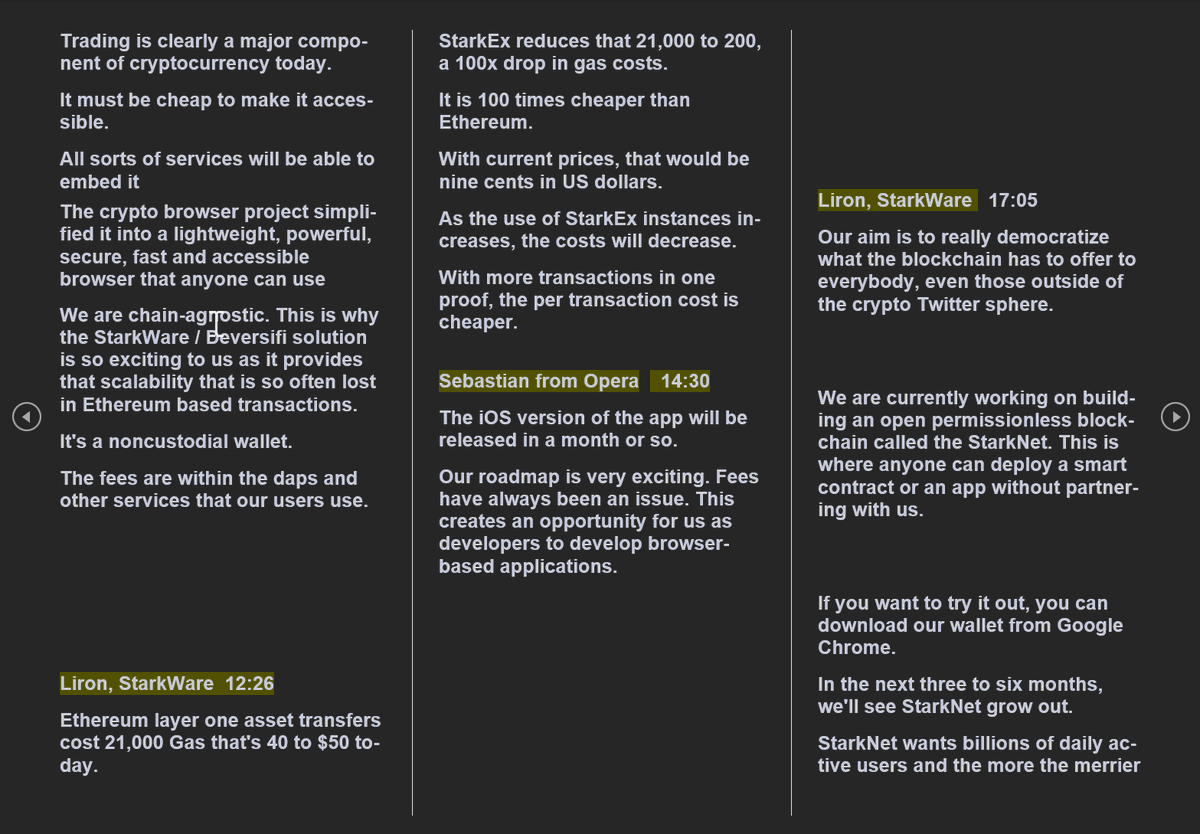
BREAKING: Ethereum transacts for 9 cents, fast and easy like email.
StarkWare’s $eth Layer 2 brings DeFi to millions of users.
Mass adoption of crypto is at a turning point.
How to set it up and what this means exactly, read on.
Thread 🧵🧵⬇️
StarkWare’s $eth Layer 2 brings DeFi to millions of users.
Mass adoption of crypto is at a turning point.
How to set it up and what this means exactly, read on.
Thread 🧵🧵⬇️
At the heart of this is the first mobile browser wallet for L2 Ethereum from @opera, the defi trading setup from @deversifi, and the Ethereum transaction compression service from @StarkWareLtd
StarkWare uses a revolutionary technology called "ZK rollups" and "validity proofs"
StarkWare uses a revolutionary technology called "ZK rollups" and "validity proofs"
In order to scale Ethereum, they compute the transactions of the Ethereum chain and generate proof that those transactions took place in their compression service.
The proofs are sent to the Ethereum base layer, and transaction details are stored incorruptibly on the blockchain.
The proofs are sent to the Ethereum base layer, and transaction details are stored incorruptibly on the blockchain.
Consider a proof with 10,000 transactions. It is not necessary for Ethereum to see 10,000 transactions.
One proof can contain 10,000 transactions instead. This proof is all Ethereum needs to verify. 100 steps will suffice instead of 10,000.
One proof can contain 10,000 transactions instead. This proof is all Ethereum needs to verify. 100 steps will suffice instead of 10,000.
Now that transaction costs are falling, you're getting scale and cheap costs.
Trading is a big part of cryptocurrency today. To make it accessible, it needs to be cheap. All sorts of services can embed it.
Trading is a big part of cryptocurrency today. To make it accessible, it needs to be cheap. All sorts of services can embed it.
The Opera crypto browser simplifies it into a lightweight, powerful, secure, fast and accessible browser everyone can use
StarkWare / Deversifi's solution is so exciting as it delivers that scalability that seems lost in many Ethereum-based transactions.
StarkWare / Deversifi's solution is so exciting as it delivers that scalability that seems lost in many Ethereum-based transactions.
It currently costs 40 to $50 to transfer Ethereum layer one assets. With StarkEx, those 21,000 gas costs are reduced by 100x to 200.
Ethereum without this compression service is 100 times more expensive. In US dollars, that would be nine cents.
Ethereum without this compression service is 100 times more expensive. In US dollars, that would be nine cents.
As StarkEx usage increases, the cost will go down.
When you have more transactions in one proof, the cost per transaction goes down. As a StarkNet L3, you can even do transactions for less than a cent with the same security.
When you have more transactions in one proof, the cost per transaction goes down. As a StarkNet L3, you can even do transactions for less than a cent with the same security.
The roadmap from @Opera contains many new and exciting business cases. Until now, fees have been a concern. As developers, this opens the door to developing browser-based applications.
Through the StarkNet Revolution on the Ethereum mainnet, smart contracts can now be accessed and scaled in a completely new way.
Plugging in scalable blockchain won't cost you a lot if you want to build interesting decentralized services. The possibilities are endless.
Plugging in scalable blockchain won't cost you a lot if you want to build interesting decentralized services. The possibilities are endless.
Opera has always been committed to unbanked areas. In western markets, it's a smaller browser, but in Africa, it's a household name.
Now we can solve so easily the predatory banking use case from legacy finance.
Now we can solve so easily the predatory banking use case from legacy finance.
Profits that are normally held by a central authority can now be redistributed in a really interesting manner as a result of decentralization.
Gamified savings analogies can be created.
The unbanked parts of the world are experiencing fair finance for the first time.
Gamified savings analogies can be created.
The unbanked parts of the world are experiencing fair finance for the first time.
The rumble is on.
You and your friend both have opera wallets. Each transaction costs nine cents. Sweet.
You and your friend both have opera wallets. Each transaction costs nine cents. Sweet.
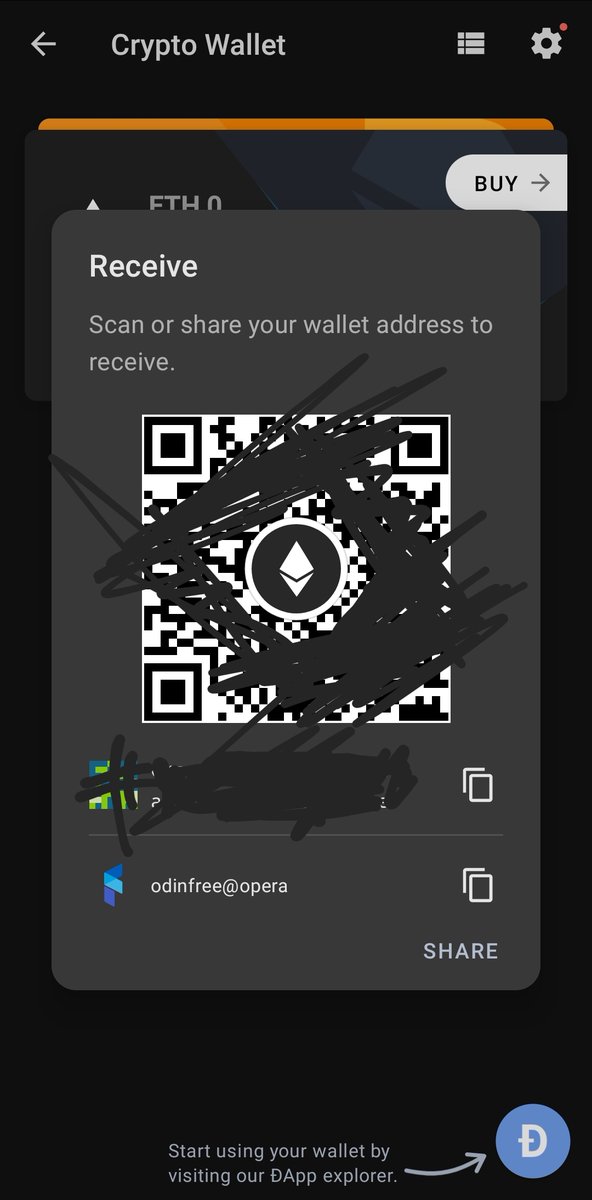
The following is a summary and key statements from the Twitter space from @opera @deversifi and @StarkWareLtd @HaymanLiron
https://twitter.com/odin_free/status/1497170087262015491?s=20&t=iPWo8nCYlD-2Pi7HsK8Lzg
• • •
Missing some Tweet in this thread? You can try to
force a refresh

